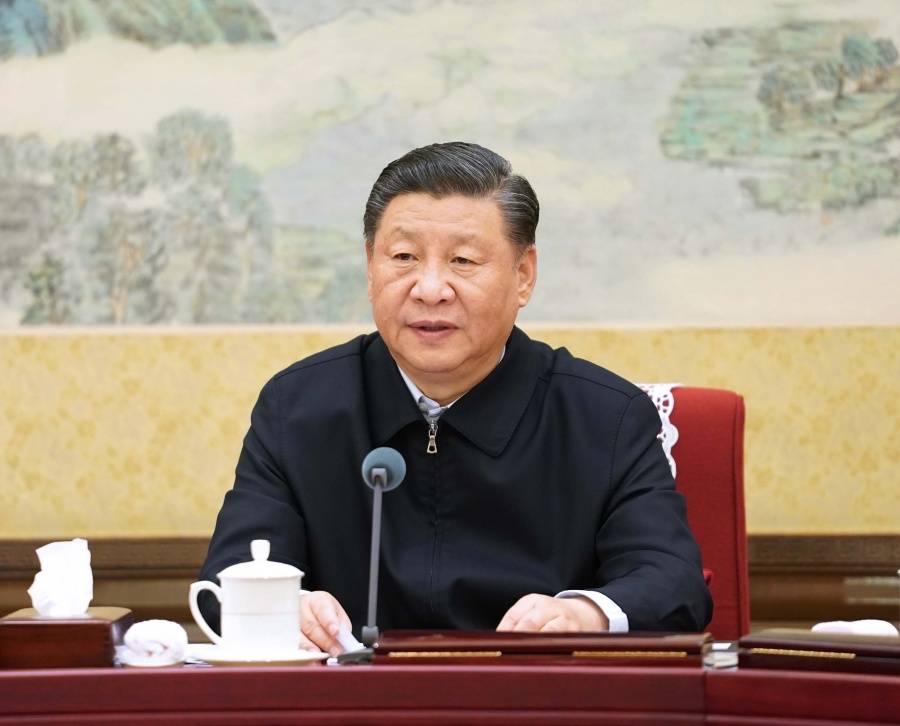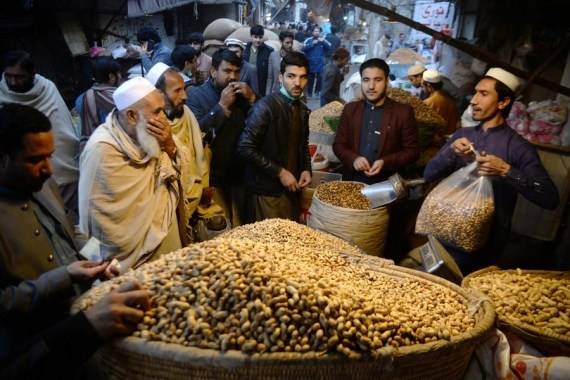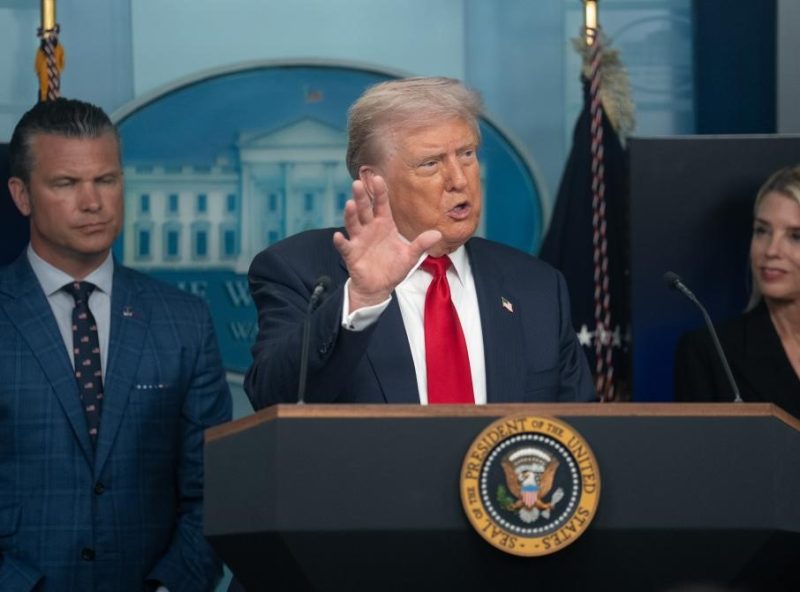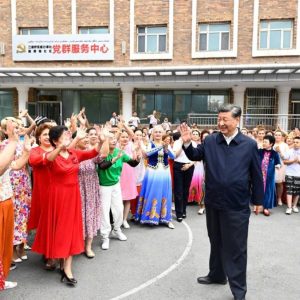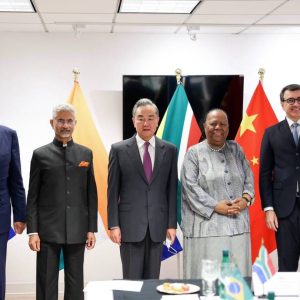Among the three, Zhang Zhan was formally sentenced to four years in prison in December 2020 and has been transferred to the Shanghai Women’s Prison…reports Asian Lite News
Four citizen journalists were arrested last year for trying to share information about the COVID-19 outbreak in Wuhan. On this World Press Freedom Day, a year after their arrests, they are yet to be free.
According to DW, only Li Zehua has appeared in a video uploaded to his YouTube channel on last April. The other three journalists haven’t been seen by the public.
Among the three, Zhang Zhan was formally sentenced to four years in prison in December 2020 and has been transferred to the Shanghai Women’s Prison. Authorities have not allowed her mother to visit her so far.
She was found guilty in December of “picking quarrels and provoking trouble” for her reporting on the pandemic in Wuhan, where the coronavirus was first detected.
“After being informed that Zhang was transferred to prison, her mom tried to apply for visitation at the prison, but she was told that she had to make an appointment through a phone call,” a source told DW.
“When she called the number on the official document, she couldn’t reach the staff at the prison, and when she finally got in touch with them, they told her she could only send money but not clothes to the prison for Zhang,” the source further mentioned, adding that the government has also deprived Zhang of her right to write letters to her family.
Zhang was on a hunger strike in prison when her lawyer visited her the last time.
“After receiving some postcards written by her supporters, Zhang told her lawyer that if she could make it out of the prison alive, she wanted to go to Wuhan again and relive some of the experiences with her friends,” said the source.
Also read:Pakistan to produce China’s vaccine
Meanwhile, another citizen journalist, Chen Qiushi, has been out of public sight after his arrest in February 2020. A Chinese YouTuber revealed that he was sent back to his parents’ house in September, but the state of his physical and mental health remains unclear, reported DW.
The YouTuber, Xu Xiaodong, also revealed that Chen was not able to have any contact with the outside world.
“I think Qiushi could possibly re-appear in the public’s view by September or October, and he will maintain his long-term style, which is not forming any ties with international organizations or having any contact with them. He is patriotic and everything he does is for the country and the people of this country,” he said in his video.
Chinese human rights lawyer Li Dawei told DW that the family of journalist Fang Bin hasn’t been willing to share information about his case with Fang’s friends or anyone else.
“If he is willing to soften his stance, he may be released sooner, which is what happened to Chen Qiushi and Li Zehua. However, if he keeps insisting that he is right, then the chance of him being released will be very low,” said Li.
Last month, a report by Reporters Without Borders (RSF) said that China continues to take internet censorship, surveillance and propaganda to unprecedented levels making it one of the world’s worst countries for journalists and the ‘biggest jailer’ of scribes.

Al Jazeera reported that in its annual press freedom index, published on Tuesday, the global watchdog also highlighted an increase in repression and attacks on journalists worldwide during the COVID-19 pandemic.
Media outlets report that as many as seven journalists are still being held for their COVID-19 pandemic coverage, and more than 450 social media users were briefly arrested for sharing “false rumours” about the event.
The Chinese Communist Party (CCP) uses the standard operating procedures of “national security investigations” and surveillance systems to track and impose crackdowns on foreign journalists and they were subject to intimidation and harassment.
In 2020, just as the Foreign Correspondents Club of China (FCCC) reported in 2019, foreign journalists, their Chinese colleagues, and all those whom they tried to interview were subjected to harassment, intimidation, and expulsion. (ANI)
Also read:Cryogenic containers airlifted from China to Kolkata


